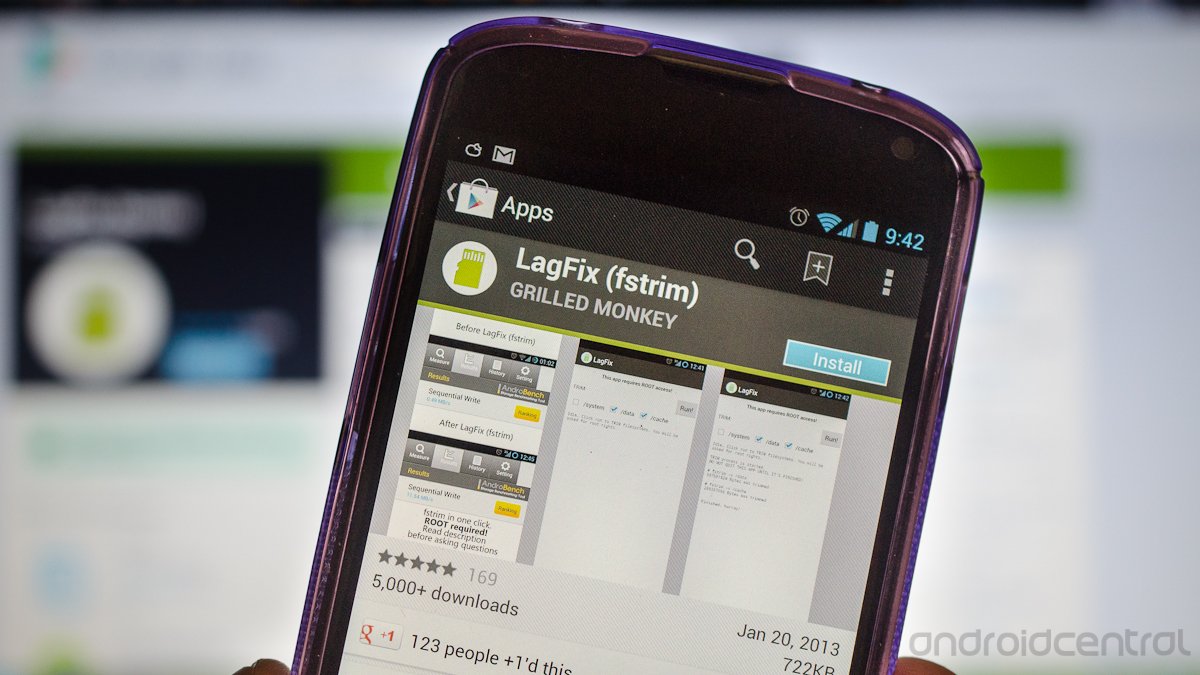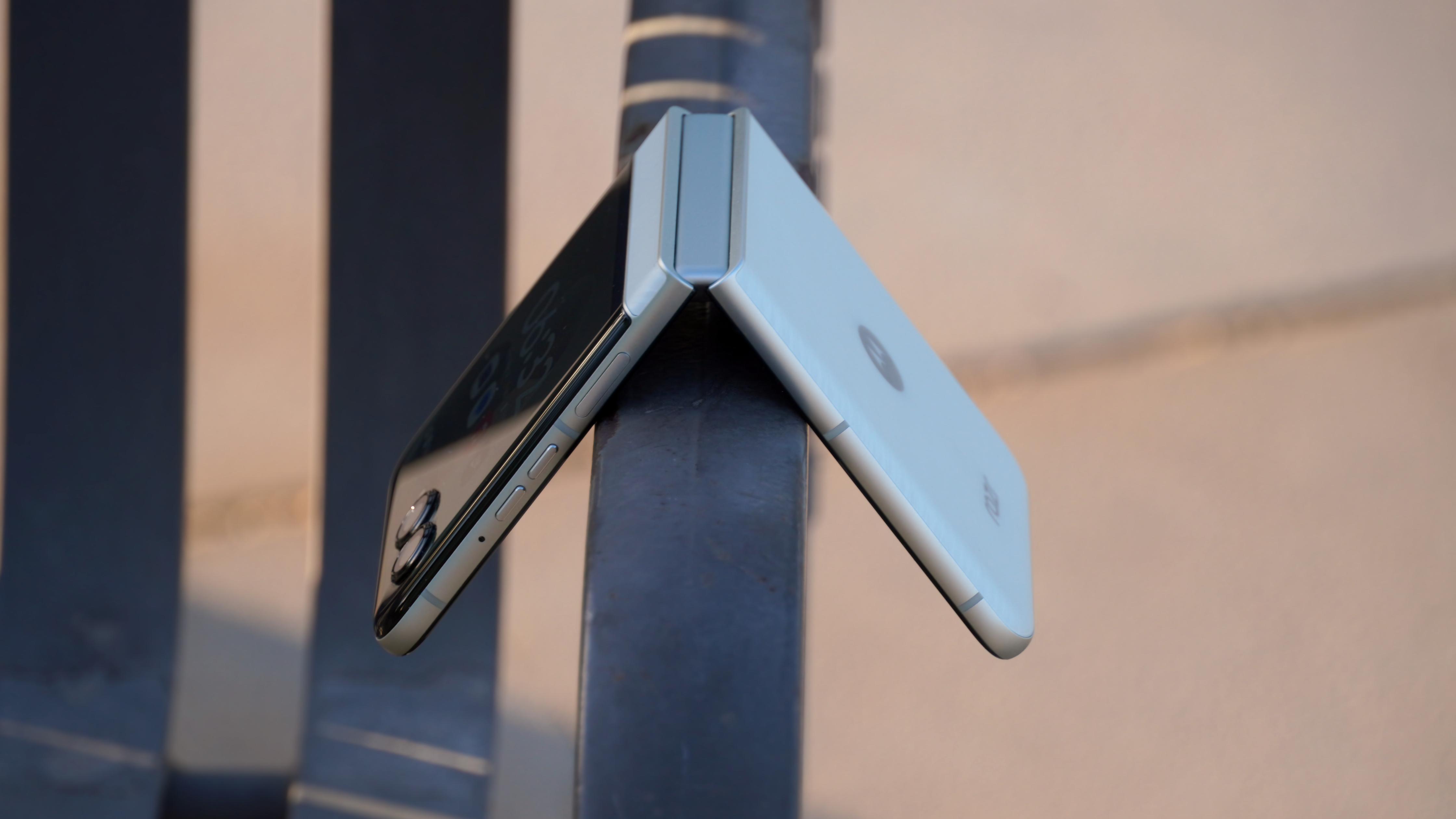New LagFix application promises to fix mystery lag on some devices

LagFix is an app (rooted phones only) with an unimaginative name that uses a standard Linux tool to help fix "lag" on Android devices. Lag is a term that gets thrown around pretty liberally, without any real definition attached to it. In this case, I'm familiar with the tool being used so I know what this app attempts to address -- times when your system is stopped, waiting on the memory controller to be told which storage blocks are free and which are in use, so it knows where it can write data to the device storage. While this is happening, the system is halted until the memory controller gets the answer it needs. This is a standard process in every operating system, and in reality is a lot more complicated than I've explained here. For our purposes today, this covers the important things to know.
This can be done on the fly (and this is how stock Android does things) or it can be done using a Linux utility called Fstrim. When a stock Android system does it on the fly while data is being written, sometimes some folks (this is important, and we'll talk more about it later) see their device slow down while the memory controller is waiting to know which storage blocks are in use, and which are free. People call this a form of lag, and lag is universally hated.
A solution, one often used on Linux desktops, is to use the Fstrim utility. It goes through the storage and tells the memory controller which blocks are really free, and which are in use. The memory controller doesn't have to ask, because it has just been told. Eventually, this all changes and the memory controller needs told again. On the desktop, people set up Fstrim to run at a specific interval to keep things in sync.
The LagFix app (I really want a better name put on this one) provides the user with a way to run the Fstrim tool. In theory, when your device gets sluggish, you run the app and things no longer have to stop for the memory controller. We've kicked the idea around, looked at what the app does, and can't see any reason why it should be harmful. The theory behind the app, and a good many of user testimonials reflect this, is sound and should work nicely -- if you need it. And the "if you need it" part is the key.
Until we know exactly why some folks see lag, and others don't, we can't say for certain that you should use this tool. We can't echo the developer's claims that this is all well known and fact with some devices, because it's all based on anecdotal evidence by users who aren't really aware of what is going on. What I can say is that it shouldn't hurt anything, and if your device is stuttering while in use, you can certainly give it a try. Of course, there's still the question of why Google does not use the Fstrim utility by default in Android. When using any utility like this that affects the inner workings of your hardware, the risk is always on you.
Get the latest news from Android Central, your trusted companion in the world of Android

Jerry is an amateur woodworker and struggling shade tree mechanic. There's nothing he can't take apart, but many things he can't reassemble. You'll find him writing and speaking his loud opinion on Android Central and occasionally on Threads.
